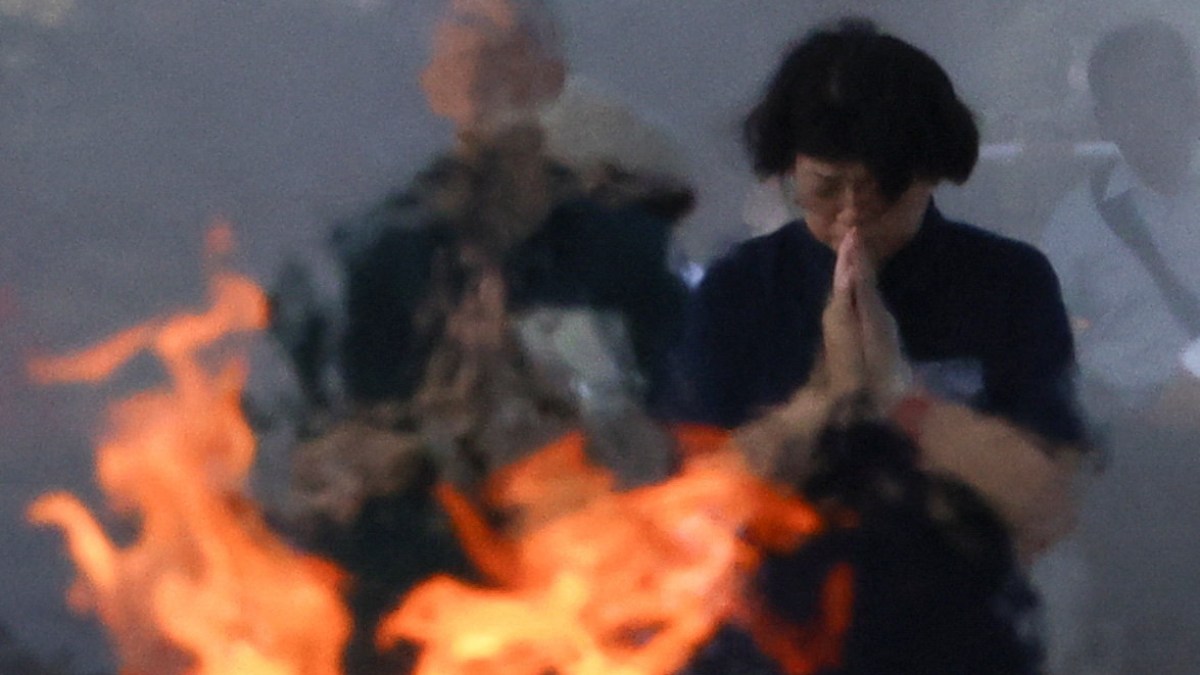The United States dropped a uranium bomb known as Little Boy on August 6, 1945, flattening the western Japanese city. Almost 78 000 people died instantly, roughly. By the end of the year, tens of thousands more would be killed as a result of burns and radiation exposure.
Japan’s surrender on August 15 and the end of the second world war were the result of the Hiroshima attack, followed three days later by a plutonium bomb dropped on Nagasaki. Hiroshima was chosen as a target partly because US planners believed the bomb’s force would be boosted by its proximity to mountains.
Delegates from a record number of international nations and regions attended the annual memorial at Hiroshima’s Peace Memorial Park on Wednesday, where the bomb detonated almost directly overhead eight decades ago.
According to Al Jazeera’s Fadi Salameh, who was reporting from the park, the ceremony took place in a similar manner to those of earlier years.
Salameh said, “The ceremony process has essentially stayed the same throughout the years I’ve covered it. “It begins at eight o’clock with the children and people offering flowers and then water to honor the victims who had survived the atomic bombing that year.”
A moment of silence followed, “Exactly at 8:15.” The Hiroshima mayor reads out the declaration of peace, which calls for the end of nuclear weapons in all over the world, he continued.
The “Prophet of Peace” readings of hope and remembrance were read by schoolchildren from all over Japan. A message from UN Secretary-General Antonio Guterres’ representative urging world peace was also included at this year’s ceremony.
Kazumi Matsui, the mayor of Hiroshima, criticized world leaders who claim that their use of nuclear weapons is necessary for national security. He also compared the dangers of rising global militarism.
There is a growing consensus among world political leaders that having nuclear weapons is necessary to protect their own countries, he said, noting that the United States and Russia still have 90% of the world’s nuclear weapons.
He said that this situation “severely undermines the frameworks that have been built for peace-building” and “no longer” the international community has learned from the tragic history of the past.
To all world leaders, please go to Hiroshima and experience the atomic bombing’s reality.
That call was echoed by many attendees. Yoshikazu Horie, 71, told the Reuters news agency, “It seems as though history is repeating itself.” Terribable things are happening in Europe. It’s very frightful. Even Japan and Asia are doing the same. I want peace so that my grandchildren can have a happy ending to their lives.
Hibakusha, or survivors of the bombings, once faced discrimination because of unfounded fears of disease and genetic effects. For the first time this year, their numbers have fallen below 100,000.
Source: Aljazeera

Leave a Reply